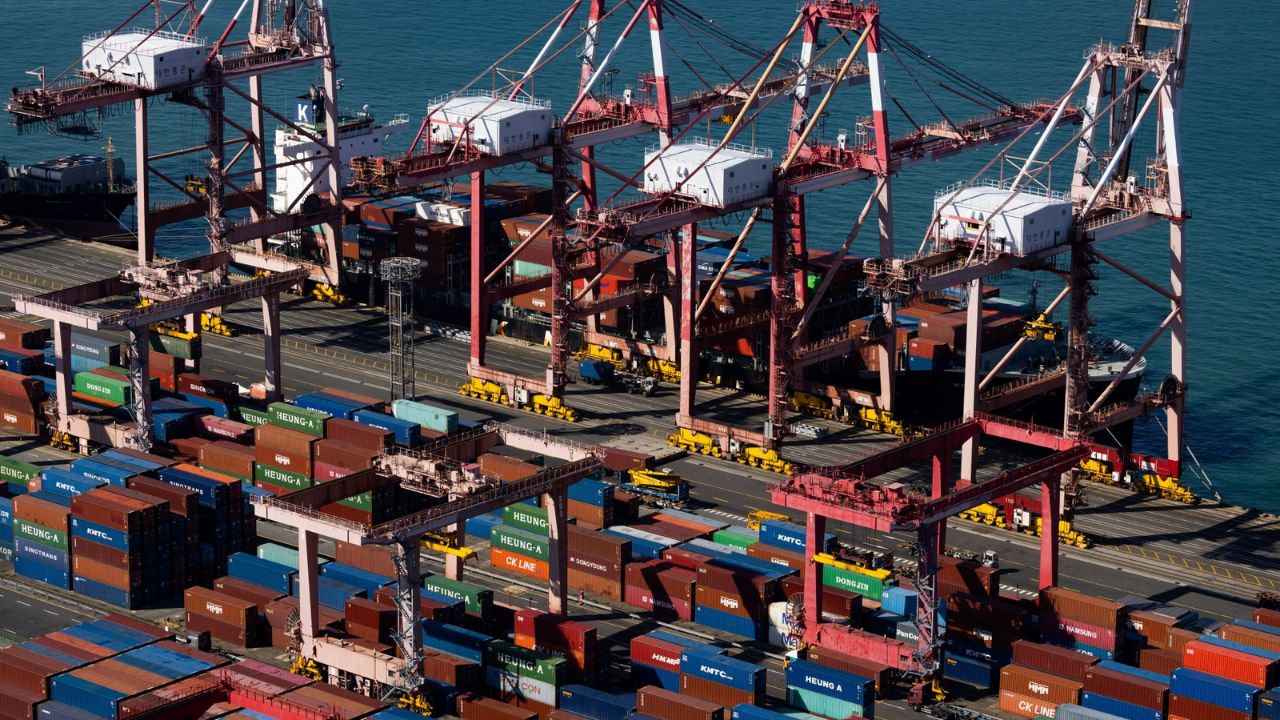TOKYO (Diya TV) — A groundbreaking multinational agreement involving the US, Japan, and Indo-Pacific economies has officially taken effect, marking a significant step toward enhancing collaboration during regional disruptions. Negotiated under the US-led Indo-Pacific Economic Framework (IPEF), the deal enables member countries to assist each other in securing critical items during supply chain disruptions, like those seen during the pandemic, without the involvement of China.
The agreement, which came into force on February 24, includes five countries — the United States, Japan, Fiji, India, and Singapore — all of whom completed the necessary domestic procedures. IPEF has prioritized establishing “high-standard commitments” across four pillars: trade, supply chain resilience, clean energy, and proper taxation coupled with anti-corruption measures.
Initiated in 2022, the framework has seen fruitful negotiations, culminating in the Supply Chain Resilience Agreement being the first among the agreements reached by IPEF members to take effect. This landmark deal allows countries to identify critical sectors and key goods, developing action plans to enhance the resilience and competitiveness of these items.
Moreover, member nations will establish an IPEF Supply Chain Crisis Response Network to facilitate emergency communications and information exchange, enabling swift responses to supply chain disruptions. The agreement also addresses labor rights concerns by forming a body representing governments, workers, and employers across IPEF supply chains.
The Japanese government anticipates that the agreement will strengthen supply chains with like-minded countries in both peacetime and emergencies. Representing approximately 40% of global GDP, IPEF includes Australia, Brunei, Fiji, India, Indonesia, Japan, Malaysia, New Zealand, the Philippines, Singapore, South Korea, Thailand, the United States, and Vietnam.
While agreements have been announced across all pillars except trade, IPEF’s overarching goal is to foster deeper economic engagement in the Indo-Pacific, countering China’s expanding influence. Notably, it does not entail traditional free trade commitments involving tariff reductions.




